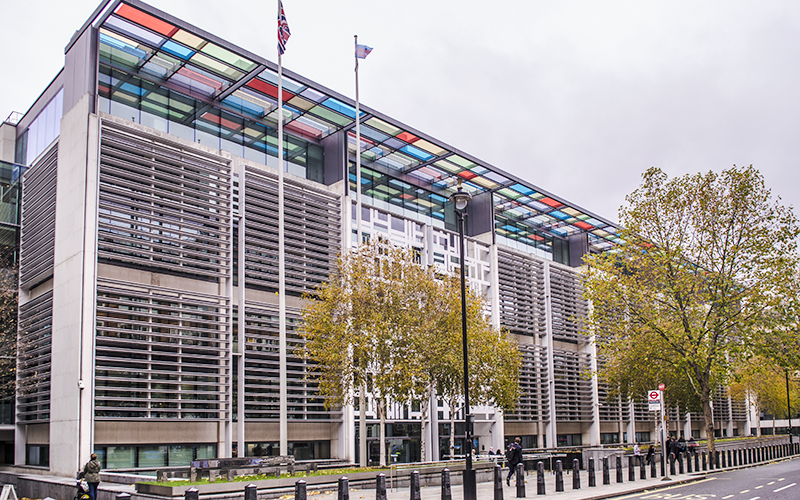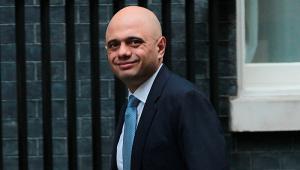
DCLG offices in Marsham Street in London. Photo: Sam Kesteven
As part of a drive to give town halls more certainty over funding in the run up to full localisation of business rates revenue, the then local government secretary Greg Clark announced the offer in return for councils setting out efficiency plans.
Councils have until 14 October to respond to the offer of a four-year deal, and a consultation published by the Department for Communities and Local Government, set out more details.
The guaranteed funding deal will include the Revenue Support Grant, business rates tariff and top up payments, the Rural Services Delivery Grant and the two-year transition grant announced by Clark in February.
The consultation seeks views on how the level of these grants are calculated for future years, as well as views on what other, additional grants the government should consider including in the multi-year offer.
The document stated “the government intends to confirm the constituent elements of the multi-year offer for the remaining years of the parliament for qualifying councils soon after 14 October”.
It added: “The government would also like to consider expanding the current multi-year offer to give local councils who are committed to reform the opportunity for more security over more of their funding for the rest of this parliament. This could potentially be achieved by including more grants in the offer.”
The consultation stated that DCLG expects the take-up for this offer to be high, given the “excellent opportunity” for authorities to increase the level of certainty they have regarding their financial position for the rest of this parliament.
It called on those who want to accept the deal to consider the advice produced by the Local Government Association and CIPFA on what efficiency plans could include. Key points include that the cornerstone of the efficiency plan is probably the medium-term financial strategy, but that an efficiency plan needs to be about more than just money.
“Most practitioners favour a short 2-4 page narrative, with typical documents to support this narrative to include its latest budget, corporate plan, transformation plan, asset-management plan and baseline organisational structure,” the advice document stated.
“It follows that an efficiency plan needs to have clear links to the council’s corporate plan and where the authority is involved in key partnerships, such as shared management arrangements or progress towards a combined authority. It should acknowledge any links with partner organisations and plans that this entails.”
The proposals should also reference ongoing and planned transformation projects and programmes, where these are significant in ensuring the council reduces its costs or generates additional income locally.
However, an efficiency plan need not be any more than an ‘abridged version’ of key or existing public documents already put together by a council.
Most councils should not find themselves doing a major piece of extra work to deliver an efficiency plan, according to the LGA and CIPFA.
Councils that choose not to accept the offer will be subject to the existing annual process for determining the level of central funding that they will receive, DCLG added.
The consultation is open until 5pm on 28 October.





















